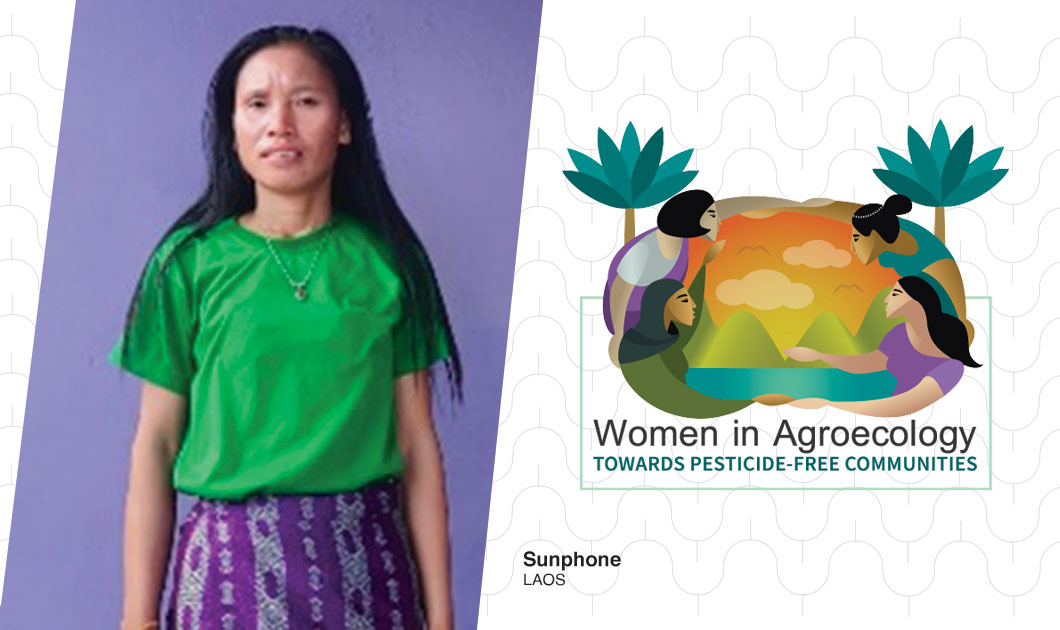In the village of Korngiew, nestled in the Kham District of Xieng Khuang Province, Laos, resides Ms. Sunphone, a resilient Khmu woman aged 37. For 14 years, she has toiled on her 1.5-hectare farm, primarily cultivating maize for animal feed. Yet, beneath the idyllic surface of her rural existence lies a harrowing story of pesticide exposure and its devastating consequences.
In Korngiew, maize production is a cornerstone of livelihoods, with each household contributing to the thriving trade with neighbouring Vietnam. To tackle stubborn weeds threatening their crops, Sunphone and other farmers used chemical herbicides. Each year, she joined her husband in spraying these chemicals, unaware of the risks.
Disaster struck during one spraying session when a malfunctioning equipment released a flood of herbicide, covering Sunphone and burning her eyes. Despite attempts to wash it off, the damage was done. Days later, she suffered from severe eye pain and breathing problems that lasted for years.
The herbicide, identified as Bravo 480 SL mixed with Nutel, left an indelible mark on Sunphone’s health. Chronic lung cancer and debilitating eye problems became a constant in her life, robbing her of vitality and independence. She could no longer toil in the fields with the vigour of her youth. Instead, she became a prisoner to her ailments, frequenting hospitals in search of respite from her suffering.
But Sunphone’s plight extends beyond her own suffering. Witnessing the devastation wrought by pesticides on her health, she harbours fears for her community and the environment. Fish found dead in nearby rivers and other casualties of indiscriminate pesticide use serve as grim reminders of the collateral damage inflicted upon nature.
Despite her hardships, Sunphone’s maintains her aspirations of a future where her village embraces pesticide-free farming practices, where awareness replaces ignorance, and where the health of both people and the environment takes precedence over profit. Her fervent desire is to participate in pesticide awareness campaigns, educate her fellow villagers on the perils of pesticide use, and spare others from the agony she endures.###
Women In Agroecology: Towards Pesticide-Free Communities is a continuing storytelling initiative of PAN Asia Pacific and its partners to document stories of rural women who are survivors of pesticide poisoning and/or making the transition to agroecology.
Our contributing partners for the second installation: Shikkha Shastha Unnayan Karzakram (SHISUK), Bangladesh; Serikat Perempuan Indonesia (SERUNI); Sustainable Agriculture and Environment Development Association (SAEDA), Laos; and Research Centre for Gender, Family and Environment in Development (CGFED), Vietnam








Discussion about this post